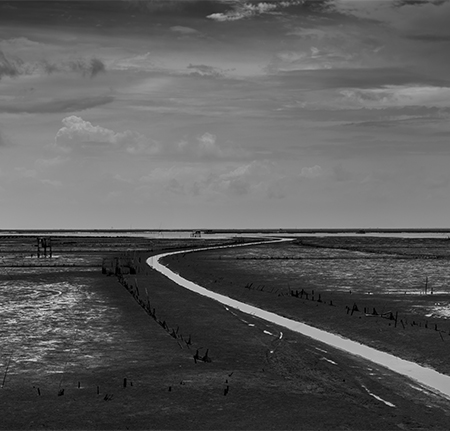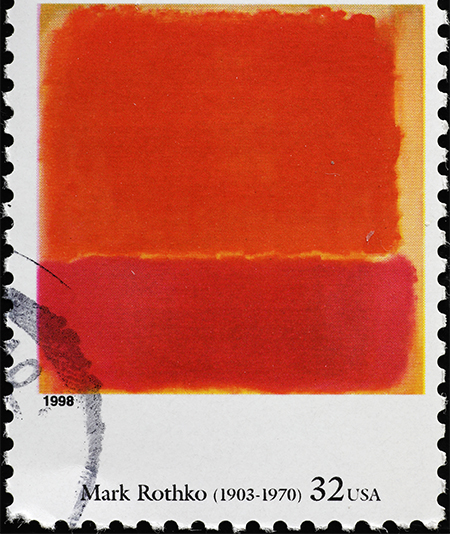 Grief is a journey, not a destination.
Grief is a journey, not a destination.
It’s a deeply personal and often complex experience that can leave you feeling lost, overwhelmed, and disconnected from the life you once knew. But within this journey lies the potential for profound transformation.
I dedicate this page to those ready to explore how grief, when faced with courage and curiosity, can lead to a life filled with more profound meaning and purpose.
Why does grief matter? Grief is not something to be “fixed” or rushed through. It’s a natural response to loss that deserves attention, reflection, and care. In my practice, I view grief as a powerful force that, when engaged with thoughtfully, can become a catalyst for personal growth.
My perspective on grief comes from philosophical inquiry, where the goal is not just to alleviate suffering but to understand it – to explore what it reveals about one’s values, relationships, and purpose in life.
My approach is “Meaning-Centered.”
When you enter this process, you’re not simply seeking relief from pain – you’re seeking meaning. You want to understand how this loss fits into the larger narrative of your life.
In our work together, we will explore the philosophical dimensions of your grief, asking questions that go beyond the immediate pain to uncover deeper truths about who you are and what you want your life to stand for.
This approach is not about finding quick answers or simple solutions. It’s about engaging in a dialogue that respects the complexity of your emotions and experiences.
Together, we’ll explore the existential themes that emerge from your grief – questions of identity, purpose, and the meaning of life itself. This approach allows you to find closure, a renewed sense of direction, and clarity.
 What is the role of philosophy in healing?
What is the role of philosophy in healing?
Philosophical counseling differs from traditional therapy because it draws upon the rich traditions of intellectual thought to address life’s challenges.
In the context of grief, this means looking at your experience through various philosophical lenses, such as existentialism, stoicism, or humanism. These perspectives offer tools for understanding and navigating the complexities of loss, providing you with a deeper, more nuanced approach to healing.
Philosophy encourages us to ask the big questions that might feel too overwhelming or abstract to tackle on our own. We’ll confront these questions in our sessions, allowing you to explore the possibilities beyond your immediate pain. This process helps you make sense of your grief and empowers you to live a life that is authentically yours.
 Here’s what to expect.
Here’s what to expect.
If you’re considering this journey, knowing what to expect is essential. Our work will involve deep, reflective conversations where you can freely express your thoughts and feelings.
There’s no right or wrong way to grieve and no pressure to arrive at a specific outcome. Instead, we focus on exploring the meanings that emerge from your experience, allowing the process to unfold naturally.
As we progress, you may find that your relationship with grief begins to change. Rather than something to be feared or avoided, grief becomes a guide – leading you toward greater self-awareness, resilience, and, ultimately, a life rich with meaning.
There is a path forward on this journey.
Engaging in this work is not only about overcoming grief; it’s about transforming your life. It’s about moving from a place of survival to a place of thriving, finding purpose in the pain, and using that purpose to create a life that feels true to you.
If you feel ready to take this step, I invite you to explore this journey with me. Together, we can uncover the possibilities within your grief and build a future that honors your loss and growth potential.
Contact me today for more information on how I can help make your grief journey worthwhile.

